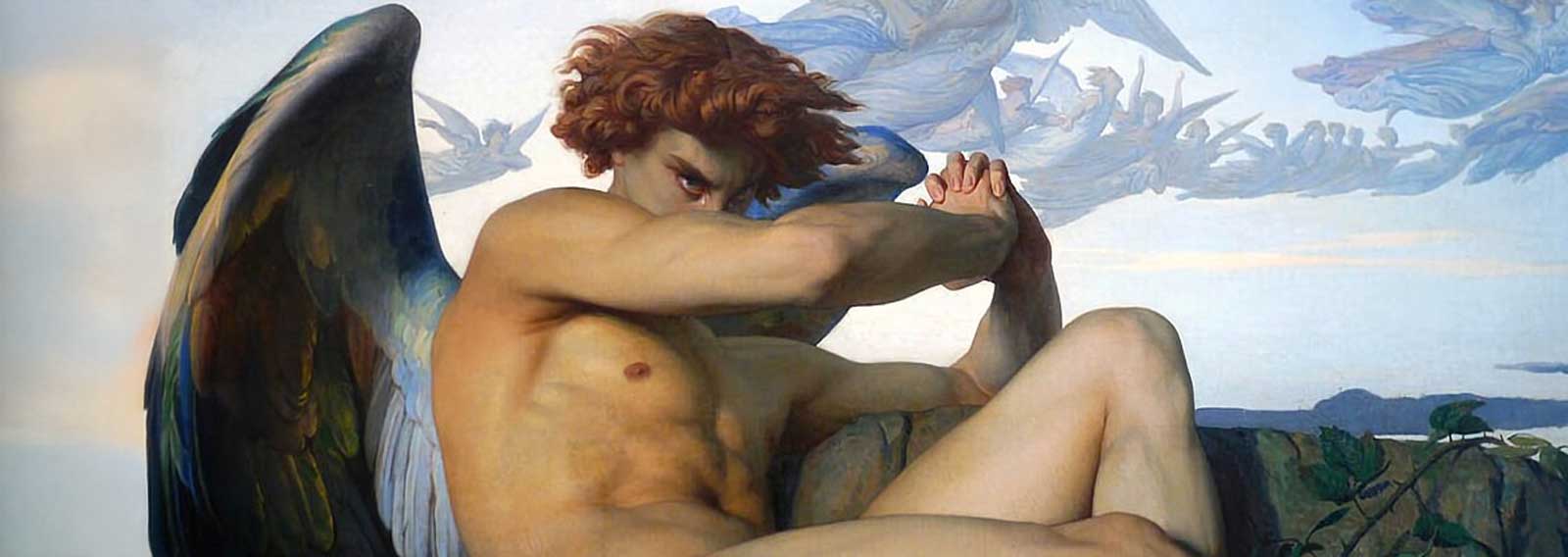Forgetting God, Medicalizing Evil: The West’s Descent Into Moral Chaos · Caldron Pool

The brutal murder of 23-year-old Ukrainian refugee Iryna Zarutska shocked the world. In response, Charlie Kirk posted her image with the haunting words, “America will never be the same.” That statement now reads as eerily prophetic. If Zarutska’s death was not the nation’s turning point, the public assassination of Charlie Kirk most certainly will be.
Advertisement
G.K. Chesterton once said, “Every high civilisation decays by forgetting obvious things.” And what both tragedies force us to confront is a truth our culture has all but forgotten: evil is real. Not merely that bad things happen, but that there is such a thing as evil—a moral category to which real acts and behaviours rightly belong.
Theologically speaking, evil is the antithesis of God. Since God is good, righteous, and loving, evil is the direct inversion of His nature. Yet as the Western world has drifted from its Christian foundations, we have not only lost sight of who God is, but forfeited any meaningful definition of goodness, righteousness, and love. And in doing so, we have also forfeited any meaningful definition of evil.
If goodness is not grounded in God, it is left to shifting human opinion. If truth is subjective, so is wickedness. Moral outrage becomes a matter of preference, equal to a favourite ice-cream flavour. The result is a society adrift in moral chaos, without anchor or compass, tossed about by every fad and ideology.
Yet, in many instances, those who pushed hardest to subvert Christianity’s influence over the West did not entirely abolish evil so much as rebrand it. What earlier generations would have named sin, vice, or wickedness, we now recast as trauma, compulsion, or disorder. Murderers are framed as products of chemical imbalance. Predators are portrayed as victims of addiction. Violence is explained away as pathology.
This clinical reframing reflects a cultural shift from moral accountability to therapeutic diagnosis. In medicalising evil, we have dulled the language of conscience. Categories of right and wrong are replaced with those of sickness and health. Responsibility is shifted from the individual to doctors, treatments, and systems.
This mindset has transformed our penal system as well. Prisons no longer function primarily as places of punishment and moral reckoning. Increasingly, they resemble clinics, where offenders are treated as patients rather than wrongdoers. Rehabilitation programs are framed in therapeutic terms, with crime explained through diagnoses rather than moral choice. Sentences are reduced or reshaped by psychiatric evaluations. Justice is displaced by treatment. Punishment is reimagined as therapy. The very concept of personal responsibility before the law is eroded.
And yet the irony is that those who drove the dechristianisation of the West never abandoned belief in good and evil. They simply redefined it. Ask them, and they will tell you evil exists—often embodied in their political opponents. The things Christians call good—church, family, marriage, womanhood, masculinity, tradition—are increasingly denounced as evil.
Advertisement
Despite what they say, dechristianisation was never about creating a neutral, pluralistic society. It was about dethroning Christianity, pushing it to the margins, and replacing it with a new moral order—one defined not by God, but by whatever advances their own political power. In this new order, what furthers the cause is “good,” and what hinders it is “evil.”
This explains how, in the minds of too many unhinged actors, political violence can be justified. To the dechristianised mind, opponents are not fellow citizens with whom one disagrees, but embodiments of evil itself. Eliminating them is not seen as murder but as moral warfare.
By surrendering the biblical foundation for good and evil, we have permitted every man to define God—and thus Satan—for himself. If truth is relative, if morality is subjective, then everyone fashions their own standard of righteousness and their own definition of wickedness. The result is not freedom, but anarchy.
Advertisement
This is why the choice before the West is not between faith and neutrality, but between Christ and chaos. Reject Christ, and you embrace chaos, because apart from Him there is no objective anchor, no fixed compass, no universal standard by which to judge good and evil. Everything becomes equally valid. Nothing is ultimately true.
The question, then, is not only what kind of society we are building, but what foundation we are building it upon. The foundation determines the strength of the whole structure. And if that foundation is not Christ, the cornerstone, then collapse is not a possibility—it is an inevitability.
Or as Charlie Kirk put it, “If we actually go back to our Christian roots and we go back to where we once were, it’s America’s best hope for revival and for a great future.”
The separation of Church and state is nowhere in the Constitution.
The Establishment Clause was to prevent competing denominations from becoming the state religion (Presbyterians, Anglicans, etc.)
55 out of 56 of the signers of the Declaration were Christians.
Full video here https://t.co/gnxZiNyOoq pic.twitter.com/FC4GhPPYb6
— Charlie Kirk (@charliekirk11) August 16, 2024